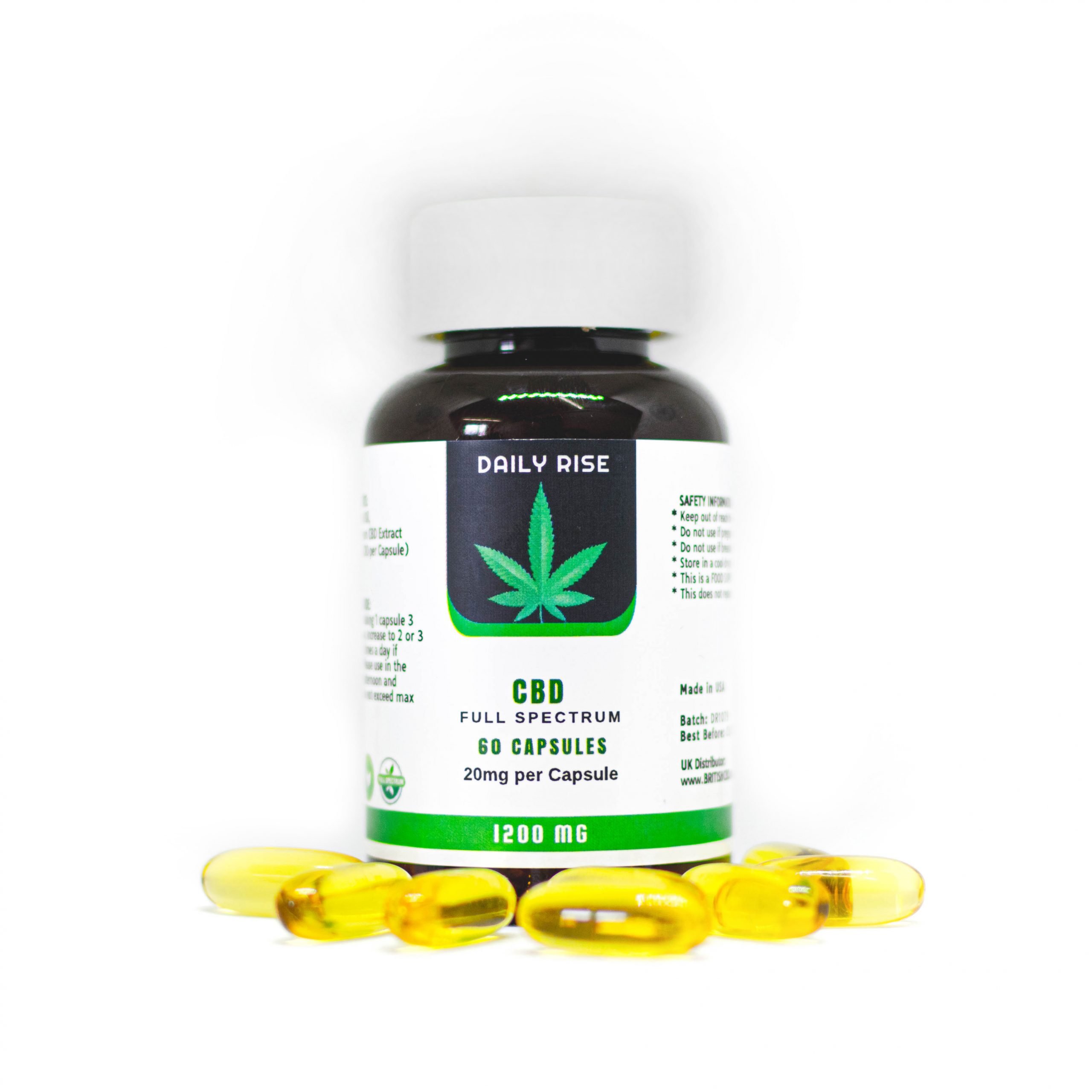Recently, the rise of CBD products has sparked a wave of enthusiasm among consumers, leading to a variety of misconceptions and fallacies about their uses and purposes. As more consumers seek organic alternatives for well-being and relief, it is essential to differentiate reality from fallacy and understand what CBD can truly offer. This article aims to illuminate the science behind CBD and its possible applications, providing a transparent perspective on this expanding trend.
Many individuals are drawn to CBD for its promising therapeutic effects, which extend from alleviating anxiety and pain to improving sleep quality. However, with so much knowledge circulating on the internet, it can be challenging to tell the truth from misleading statements. By exploring the acknowledged benefits of CBD products, we can more fully recognize their role in holistic health and wellness, empowering consumers to make educated choices about their use.
What is CBD?
Cannabidiol, often known as CBD, is a organic compound found in the cannabis plant. Compared to its more famous counterpart, tetrahydrocannabinol (THC), CBD is non-psychoactive, meaning it never produce the "high" usually associated with cannabis. This property positions CBD an appealing alternative for those seeking relief from various conditions without the intoxicating effects of THC.
CBD is able to be extracted from both marijuana and hemp plants, but it most often is derived from hemp due to its low THC content. The lawfulness of CBD varies by jurisdiction, but many countries have adopted its use for medicinal purposes. As curiosity in natural remedies expands, CBD has gained popularity among consumers looking for other options to health and wellness.
Research into the potential benefits of CBD continues to be still ongoing, but preliminary studies suggest it might possess a range of therapeutic effects. Users often report enhancements in anxiety, pain relief, and even effects on sleep disorders. These anecdotal reports, combined with developing scientific evidence, contribute to the increasing acceptance of CBD products in various contexts.
Common Misconceptions About CBD
One of the most frequent myths about CBD products is that they can get you high. Many people associate cannabis with intoxicating effects due to THC, the compound that induces this effect. However, CBD is derived from hemp, which contains negligible amounts of THC. As a result, using CBD products will not produce the euphoric high commonly linked to marijuana use. This distinction is important for those seeking the healing properties of cannabis without the high.
Another common misconception is that every CBD products are the same and offer identical benefits. In reality, the effectiveness of CBD products can differ significantly based on elements such as the extraction method, the level of CBD, and the presence of other beneficial compounds, known as the entourage effect. Different product types, including oils, edibles, and topicals, may also affect how CBD interacts with the body. Thus, it's crucial for consumers to select high-quality CBD products tailored to their individual requirements.
Finally, some assume that CBD products are a cure-all for various health concerns. While there is increasing research supporting the possible advantages of CBD for conditions like anxiety, pain, and insomnia, it is not a alternative for medical treatment or advice. The human body is complicated, and what works for one individual may not work for someone else. It is essential to approach CBD with practical expectations and speak to healthcare professionals when integrating it into a wellness routine.

Scientifically Supported Advantages of Cannabidiol
Studies on CBD products has revealed multiple potential benefits supported by empirical evidence. One of the most well-documented uses of CBD is its effectiveness in managing anxiety-related conditions. Studies have shown that CBD can reduce anxiety levels in both humans and pets, making it a popular choice for those seeking natural options to traditional anxiety pharmaceuticals. The calming effects of CBD are thought to be connected to its interaction with the brain's receptors involved in the management of mood.
Another area where CBD has demonstrated considerable promise is in pain management. Clinical trials have indicated that CBD products may help ease chronic pain conditions, including arthritis, MS, and nerve pain. The anti-inflammatory properties of CBD play a key role in its effectiveness as a pain management solution, offering relief without the adverse effects commonly associated with opioids and other pain medications. As a result, many patients are turning to CBD as a better option for pain relief.
Additionally, CBD has been investigated for its potential benefits in boosting overall sleep quality. kiosque-le-crocodile.com suggests that CBD may help individuals who suffer from sleeplessness or other sleep disorders by addressing underlying issues such as anxiety and pain. By facilitating relaxation and a sense of calm, CBD can lead to a more peaceful night’s sleep. As more research continue to explore the varied applications of CBD, it becomes more evident that CBD products offer a variety of benefits that may enhance overall health.
